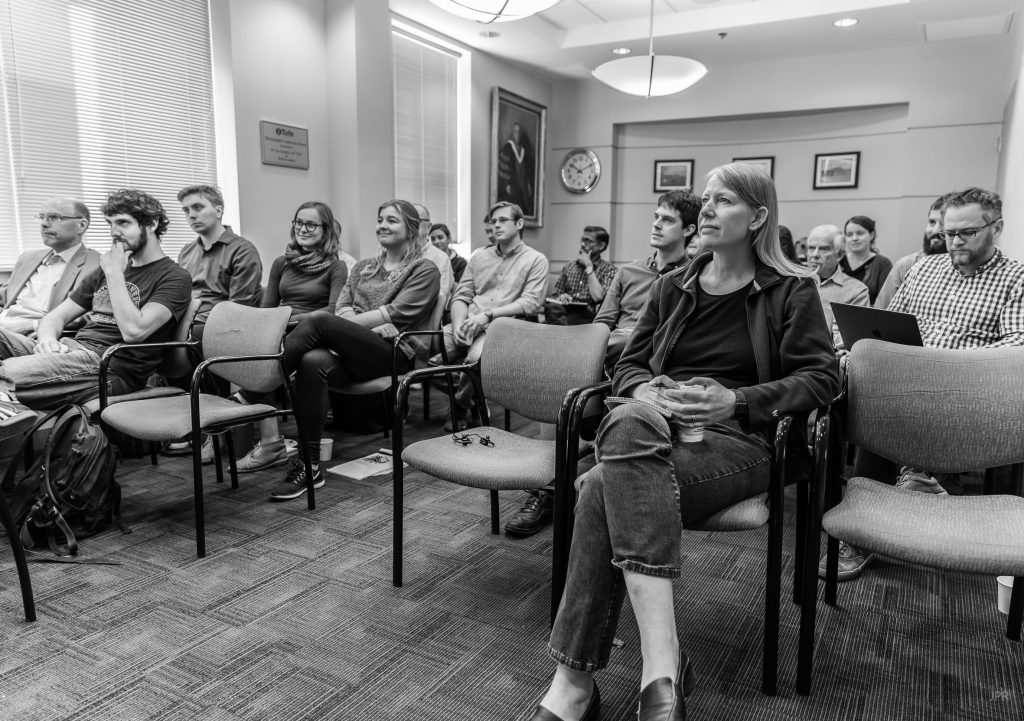The Human Interaction Laboratory data session will meet on the 14th December 2017 in unit 2580, 200 Boston Ave. Medford, MA 02155 from 3-5pm. There is parking outside the building, please meet outside the lab on the second floor (follow the numbers around the corridor from on the second floor until you arrive at 2580.
If you don’t know what a data session is, you can read Saul’s description of learning about Conversation Analytic data sessions.
See our full list of data sessions on our events page.
Contact: saul.albert@tufts.edu / 857-222-5992 for more information or if you need directions once you arrive.
Data: For this session we will be looking at video data collected by Dr. Kristen Bottema-Beutel during a team building workshop that was part of a counselor-in- training program at a sports summer camp in the Western United States. In this workshop, there are five teenagers participating, two of whom have disabilities and three of whom are typically developing. The group is engaging in an activity involving a ‘photo challenge’ where the group is presented with two laminated pages of photos taken in different locations throughout the camp. The challenge is to guess where at camp each photo was taken.
In general, our data session look at a variety of data from everyday conversations and interaction in more constrained and institutional contexts. If you have some data you’d like to bring to the session – please contact saul.albert@tufts.edu.
keep in touch:
If you’d like information about upcoming data sessions and announcements at the Human Interaction Lab, please subscribe to our mailing list.




